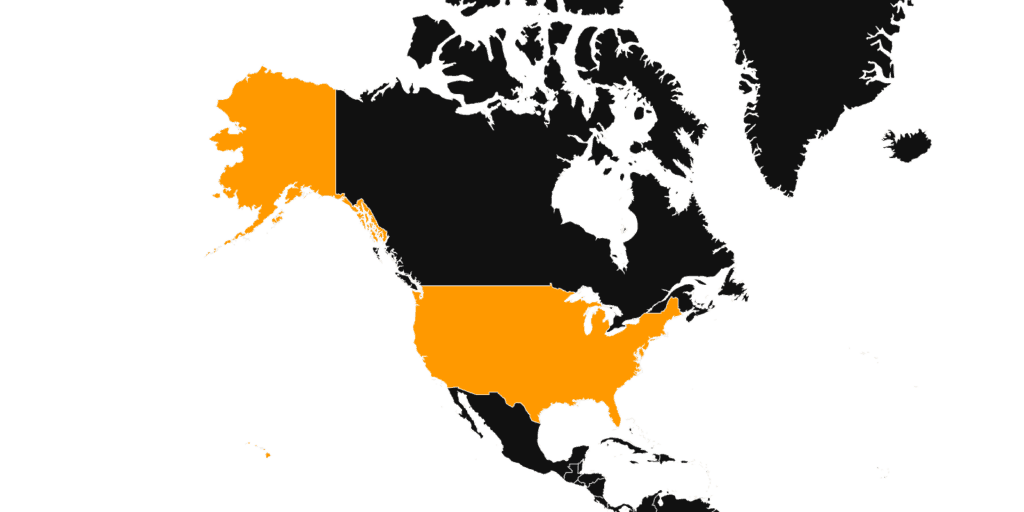
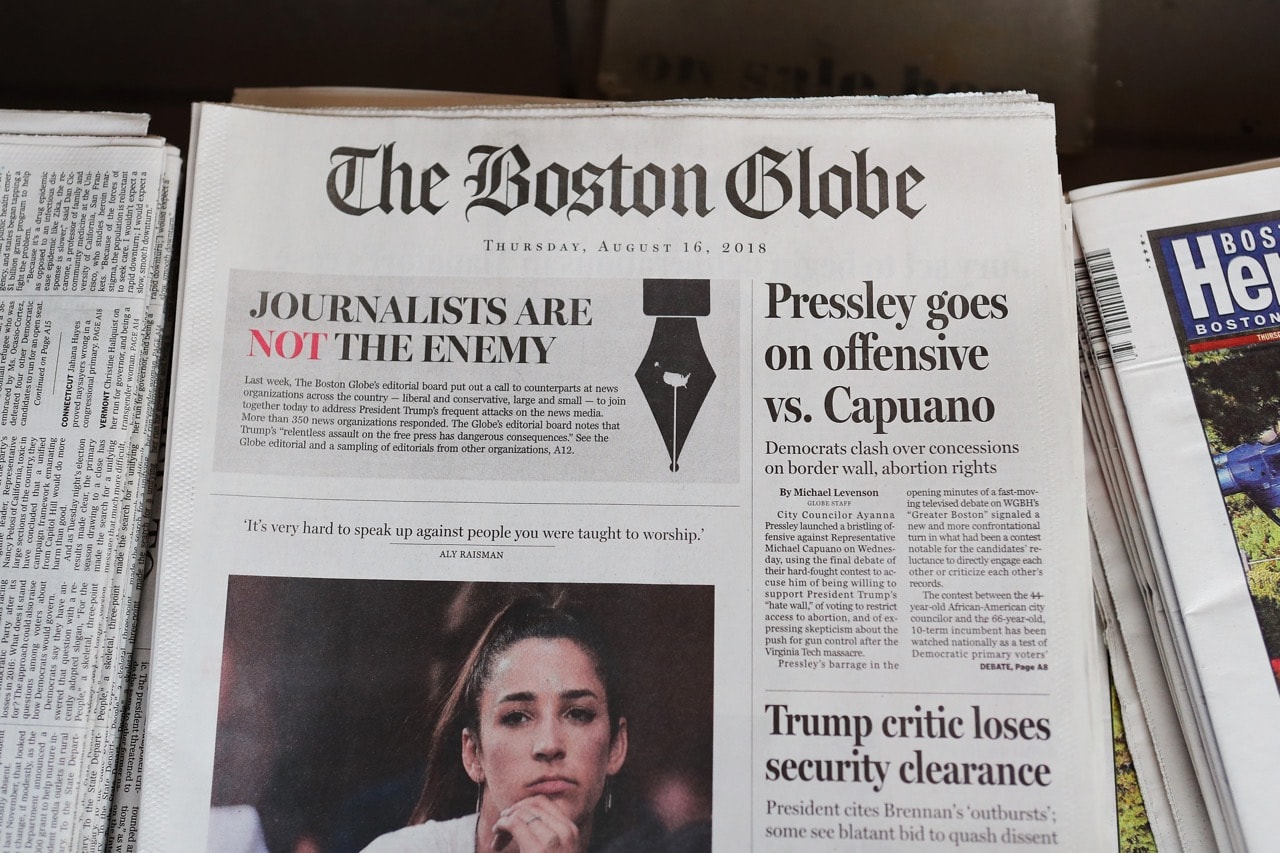
PEN America stands with local newsrooms to defend free press
On 16 August hundreds of newspapers across the United States, led by The Boston Globe, published editorials challenging attacks on press freedom. Each publication in its own words stressed the essential role that journalism and news outlets play in undergirding American communities, politics and policymaking, and the nation as a whole.
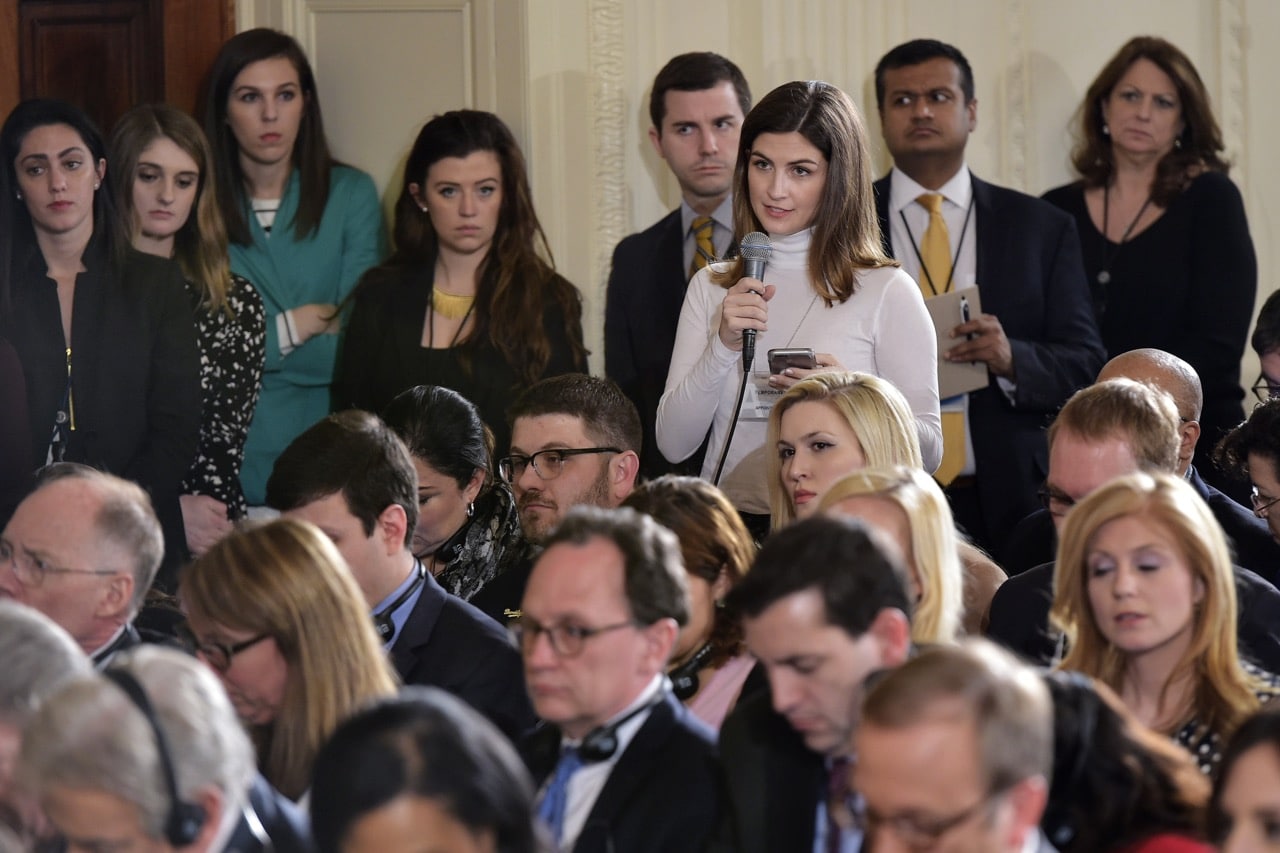
CNN reporter barred from White House event for “inappropriate questions”
“It is unacceptable that a reporter was barred from attending a White House event as a punitive measure for asking questions of public interest,” said Margaux Ewen, Director of RSF’s North America bureau.
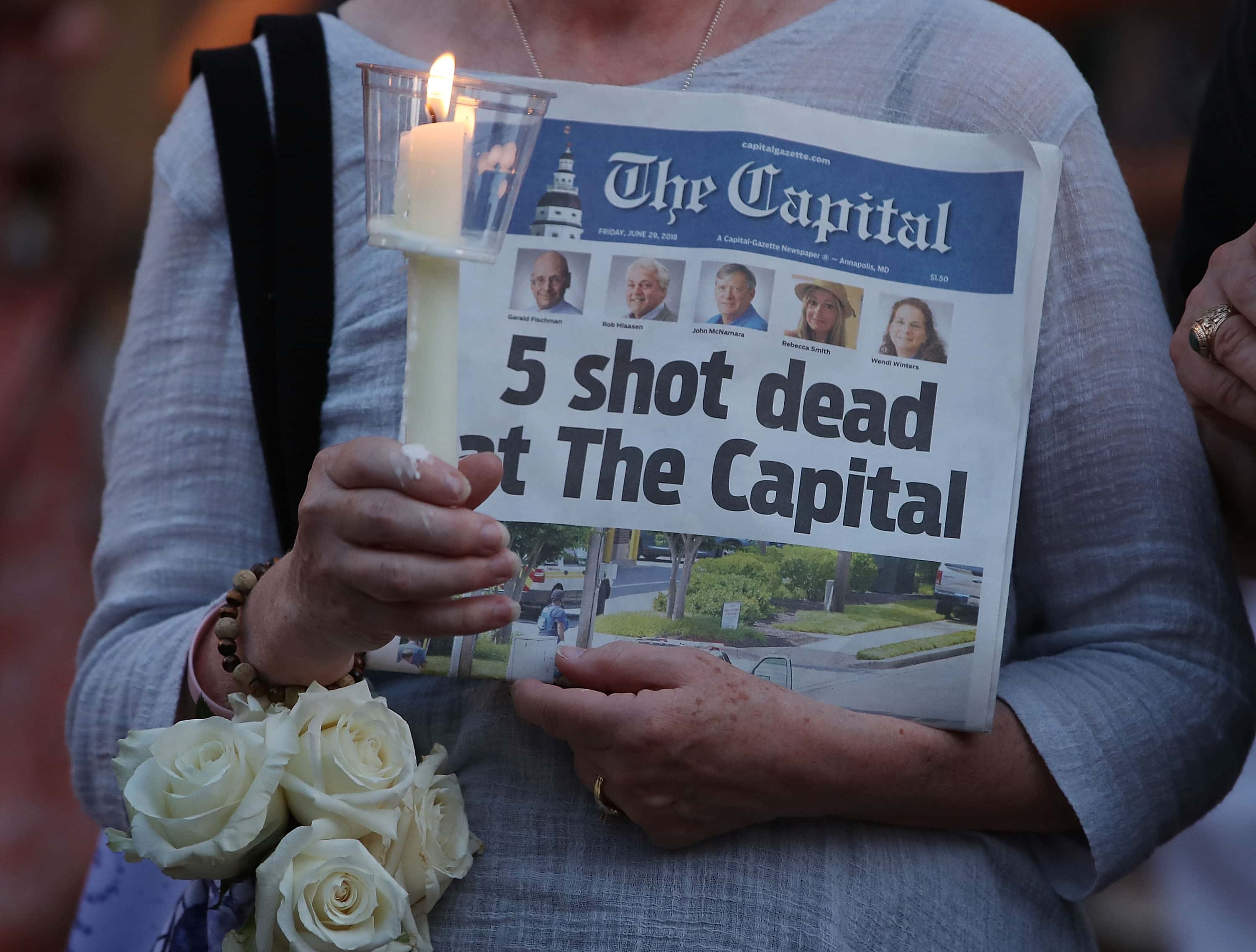
How US newsrooms are addressing harassment after Capital Gazette shooting
Following the shooting at the Capital Gazette newsroom, Reporters Without Borders (RSF) urges all stakeholders to address the harassment, including digital abuse, that journalists face, and to recognize these attacks as a serious threat to press freedom.
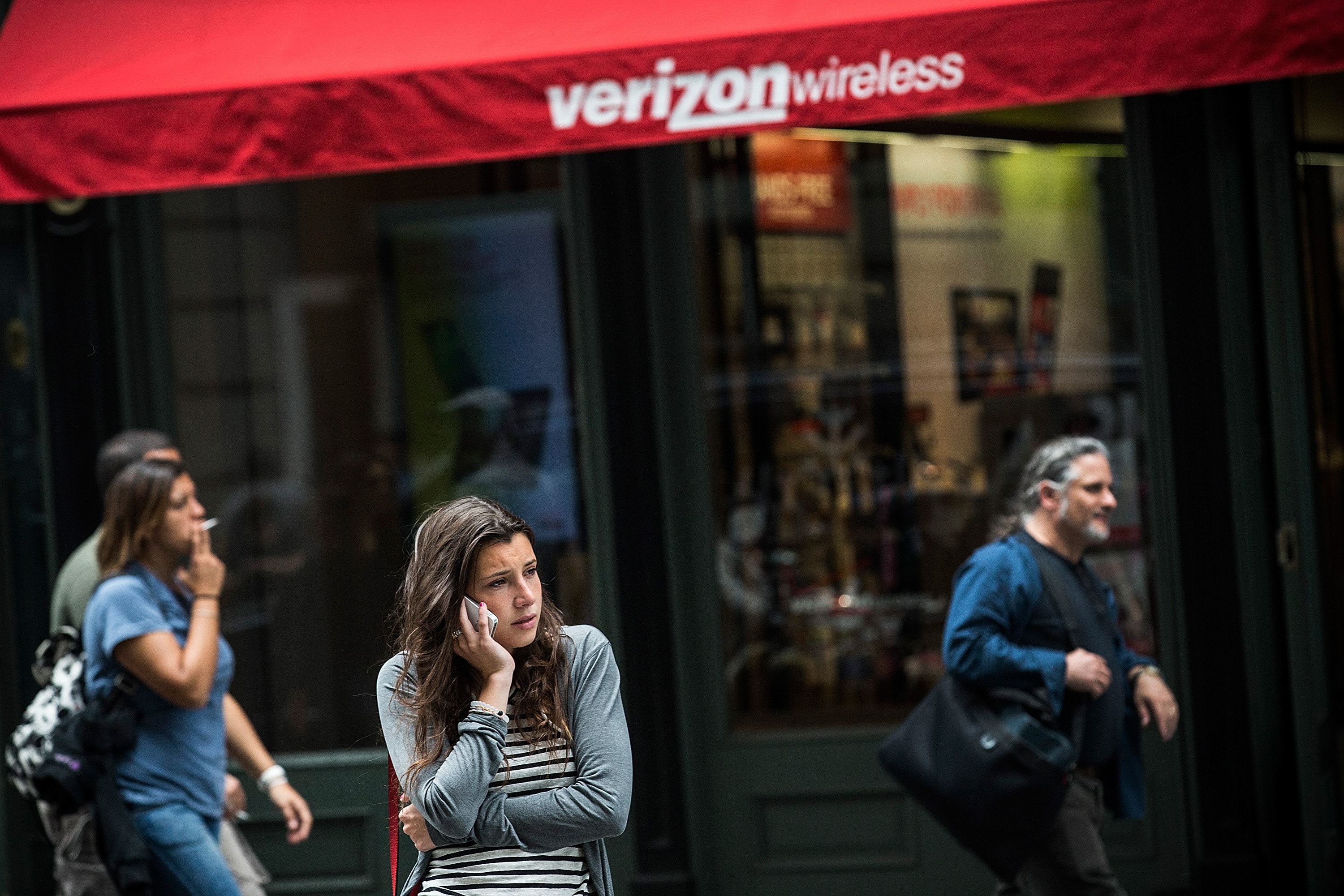
Undermining Mobile Phone Users’ Privacy Won’t Make Us Safer
The Kelsey Smith Act Would Force Cell Providers to Turn Private User Data Over to Law Enforcement

Will Thomson Reuters stop facilitating the US’ “zero tolerance” policy?
Documentation shows that Thomson Reuters Corporation is selling access to highly sensitive and personal data to the US Immigration and Customs Enforcement (ICE) agency, the authority responsible for implementing the US government’s zero tolerance immigration policy, including the separation of families at detention centres.
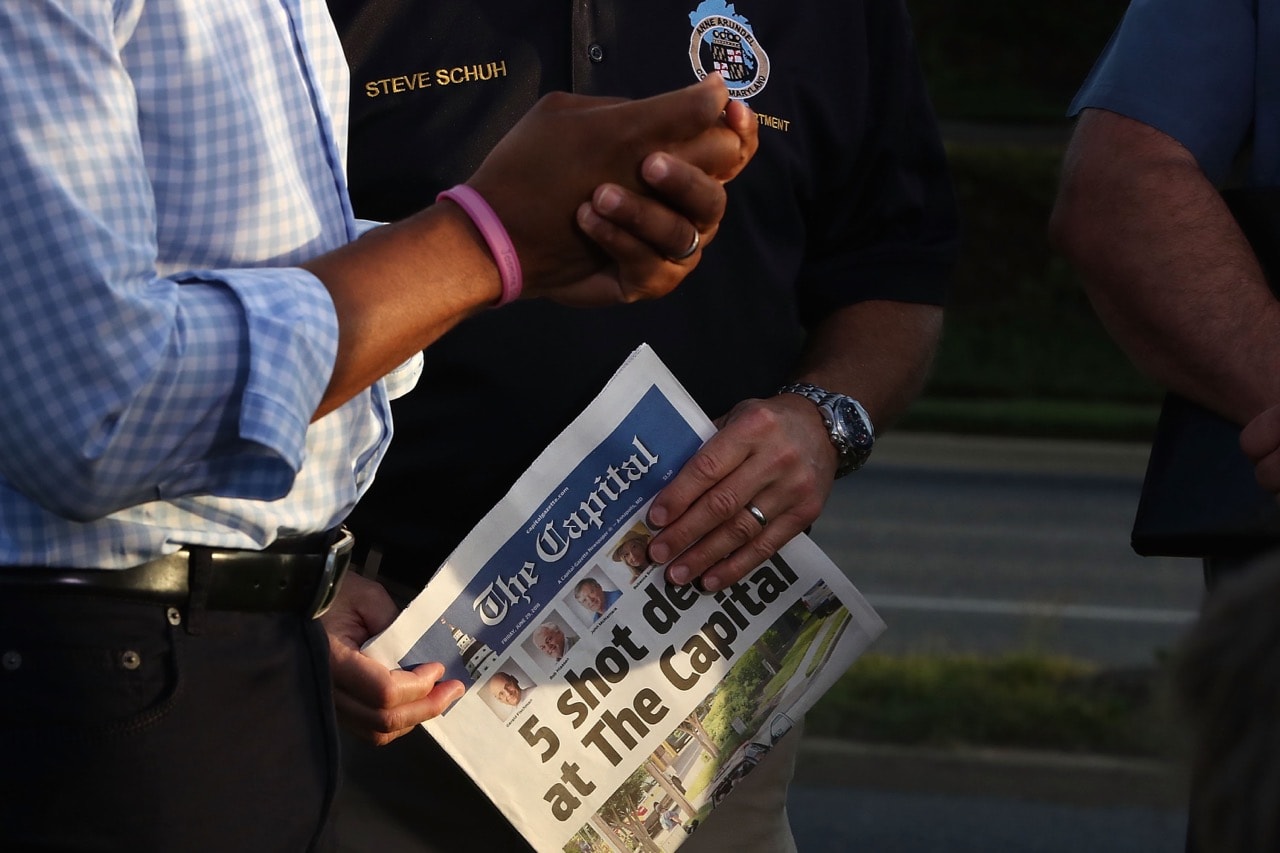
Five people killed in “Capital Gazette” newsroom shooting in Maryland
Police have a suspect in custody and are investigating the motivations behind the shooting in Annapolis, Maryland, on 28 June.

Homeland Security’s new database could chill speech, deter free association
The massive new database will include biometric and biographic records, alongside information about people’s private relationships. So why do we know so little about it?
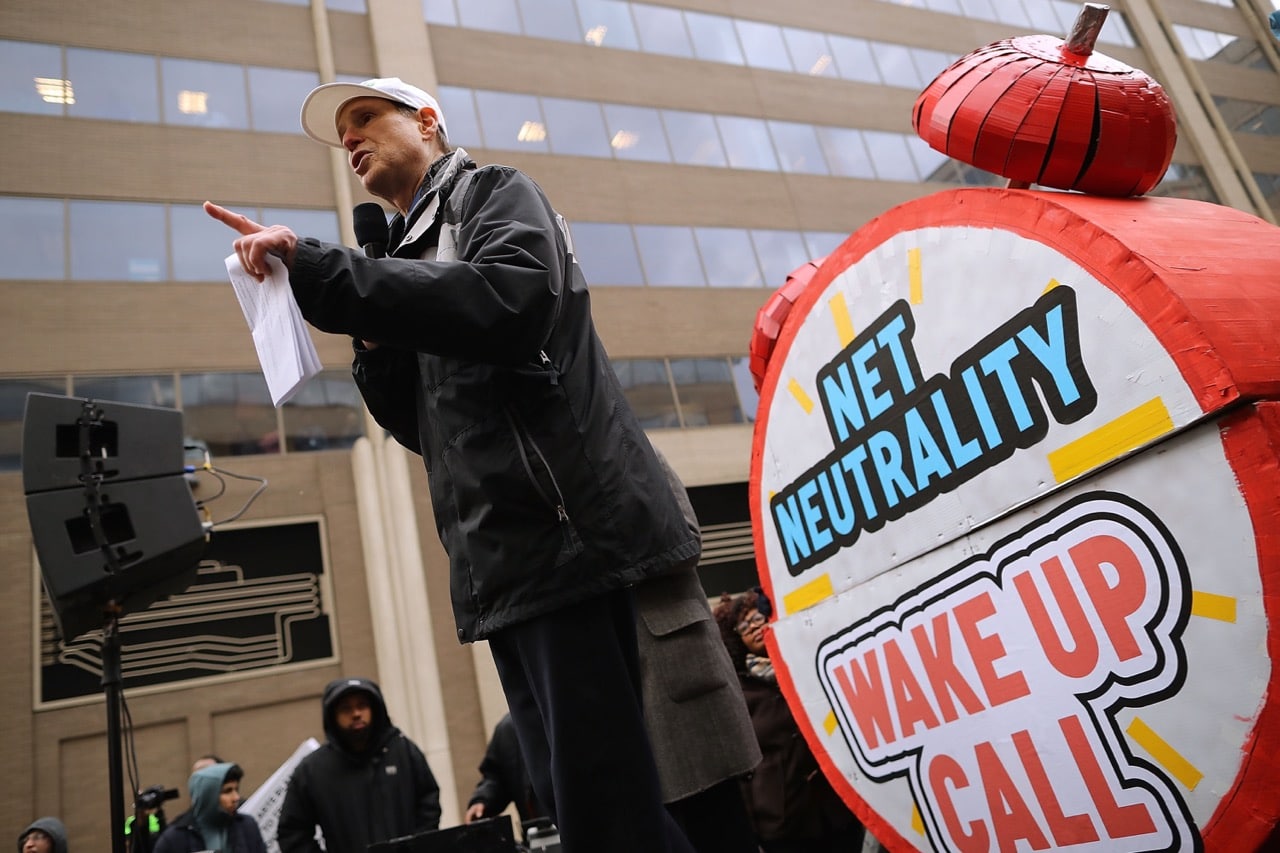
The path to victory on net neutrality in the House of Representatives
After the historic vote in the Senate, it’s time to win in the House of Representatives. While many think the uphill battle there makes it a lost cause, EFF argues that together we can keep the Internet free and open.
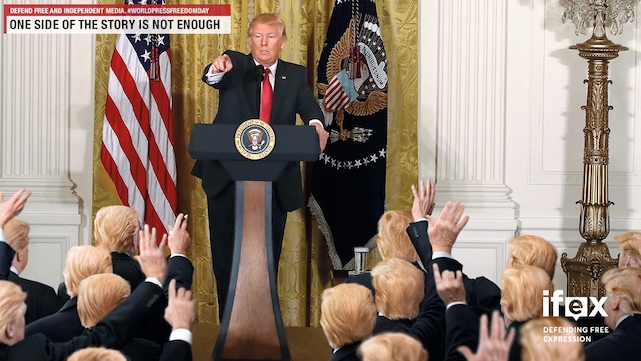
Media freedom in US under threat, report finds
The United States media – one of the best protected in the world – is facing challenges that threaten the freedom of the press. This is the finding of an unprecedented press freedom mission that took place in January 2018, one year after President Donald J. Trump’s inauguration.
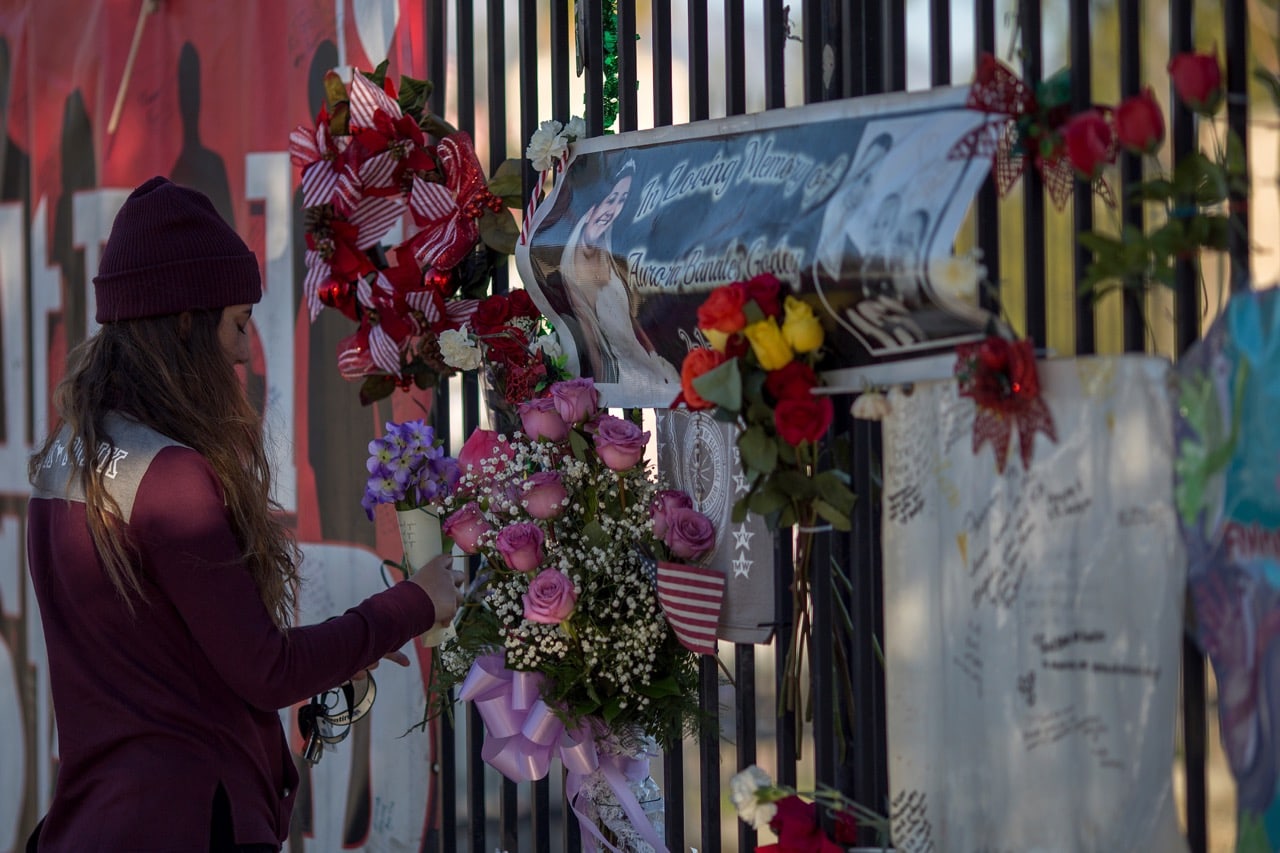
FBI could have gotten into the San Bernardino shooter’s iPhone, but leadership didn’t say that
The FBI’s legal fight with Apple in 2016 to create backdoor access to a San Bernardino shooter’s iPhone was more focused on creating legal precedent than it was on accessing the one specific device.
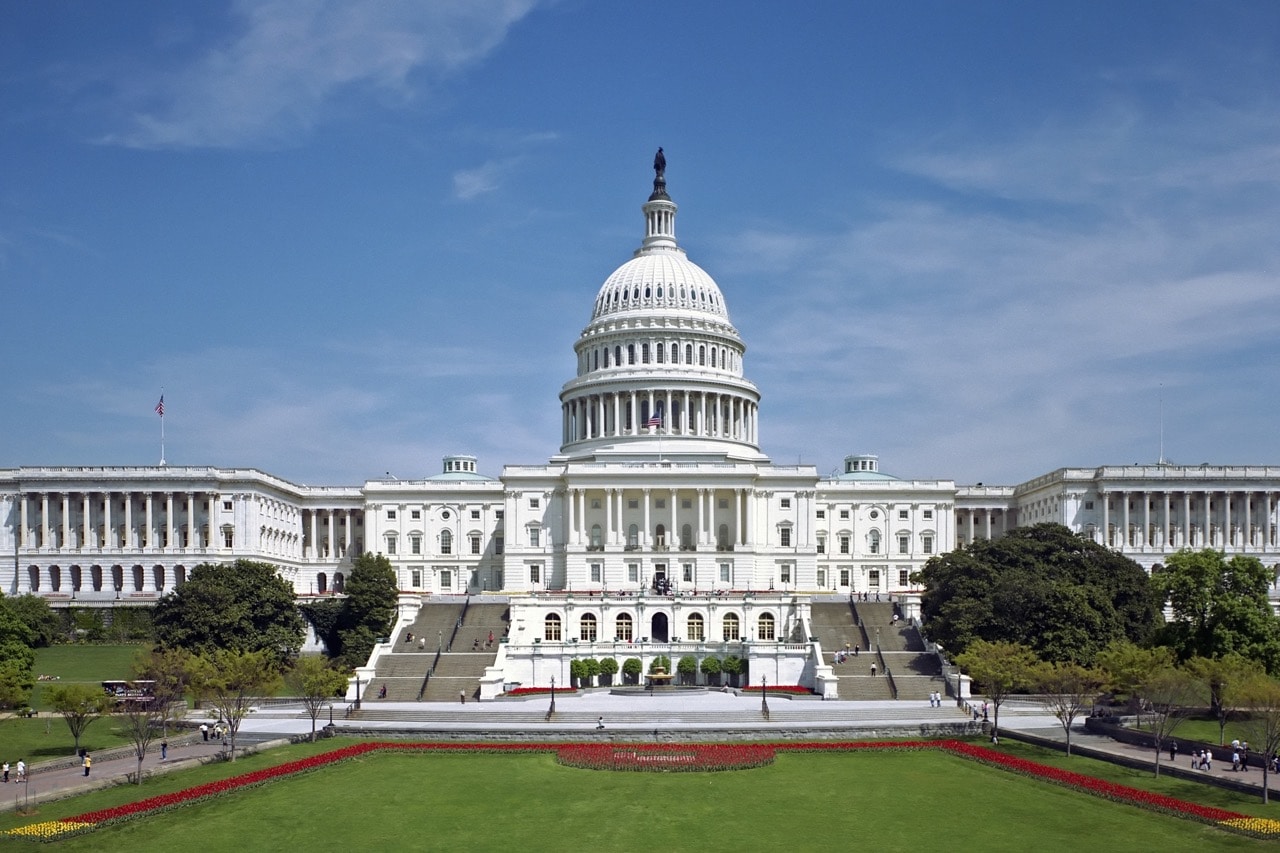
USA: How Congress censored the Internet
In passing SESTA/FOSTA, lawmakers failed to separate their good intentions from bad law.

The Foilies 2018: Recognizing the year’s worst in government transparency
In its fourth year, The Foilies, given out by EFF, recognizes the worst responses to records requests, outrageous efforts to stymie transparency and the most absurd redactions.

Geek Squad’s relationship with FBI is cozier than we thought
Documents relating to a Kentucky investigation indicate that the FBI treated Geek Squad employees as informants, identifying them as “CHS,” which is shorthand for confidential human sources.
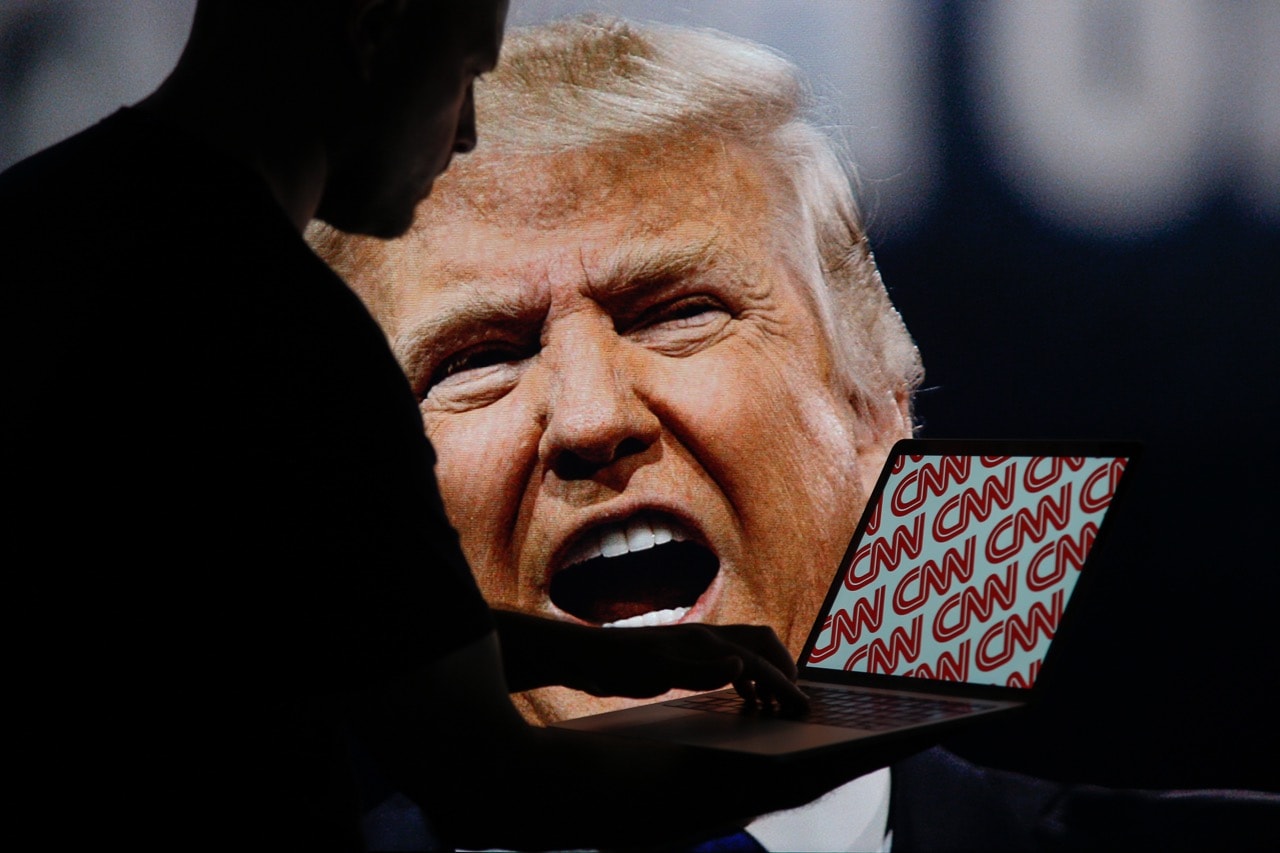
IAPA Mission to Washington hears concerns about weakening of press freedom
The purpose of the mission was to identify whether President Trump’s incendiary rhetoric has direct consequences on journalistic work or could lead to a climate of self-censorship affecting the public’s right to information.
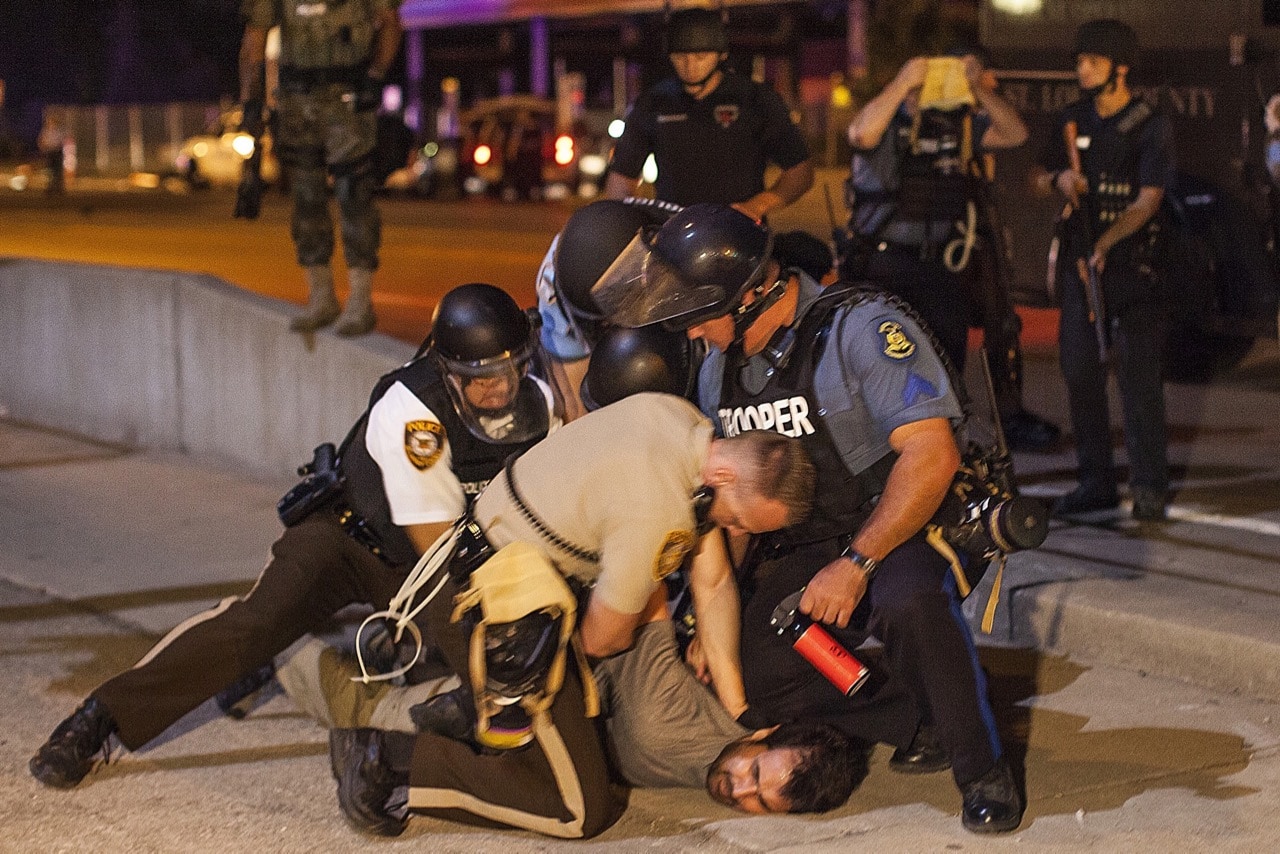
Climate for press freedom worsens in Missouri, surrounding states
An already adverse environment for journalists in the Midwestern United States has worsened in the year since President Trump’s inauguration, an international group of media watchdogs concluded after traveling to the state of Missouri. The group also met with journalists from Illinois and Wisconsin.
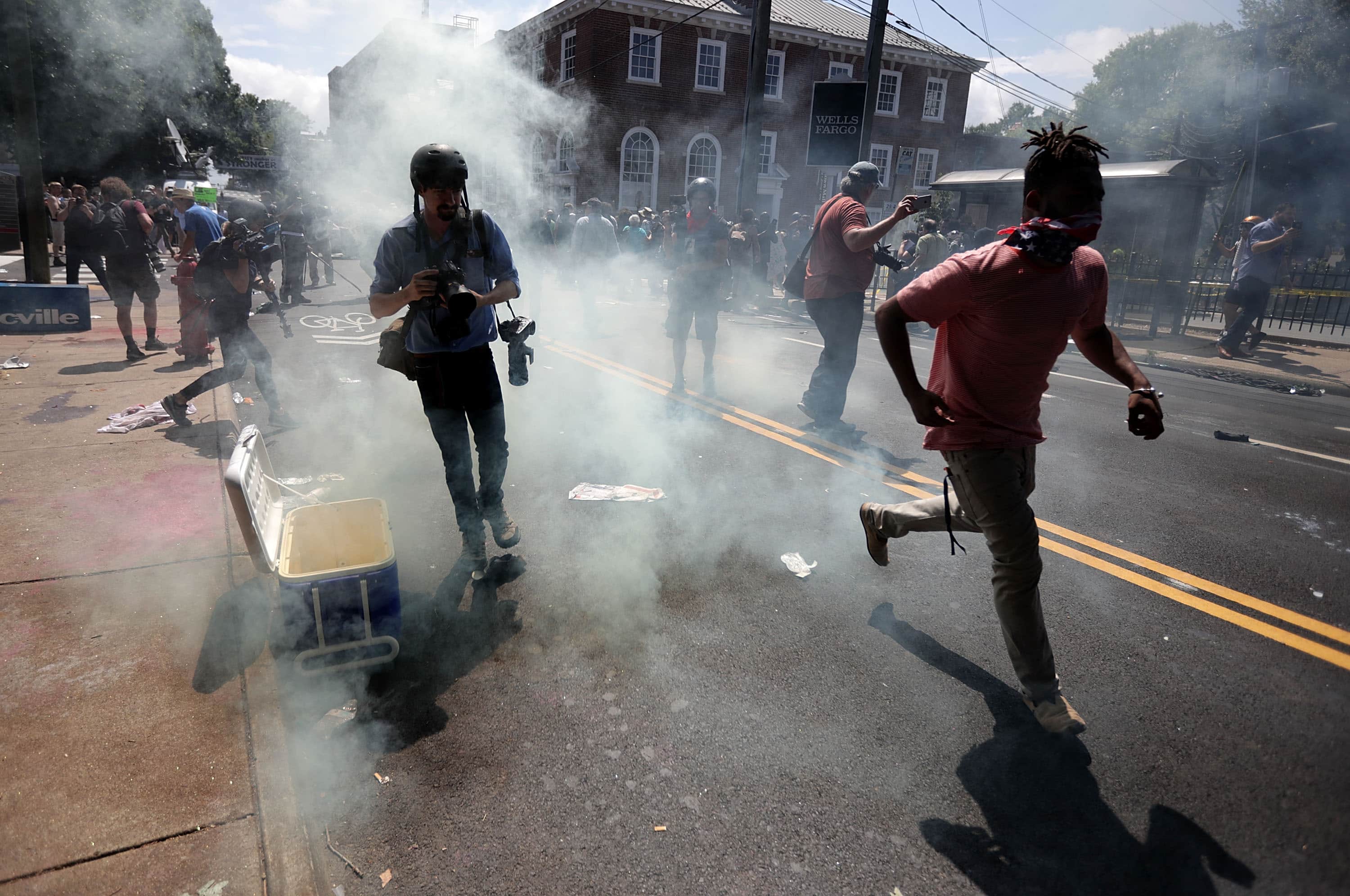
Deteriorating US press freedom sparks visit by IFEX members
The Committee to Protect Journalists and IFEX are leading a delegation of global press freedom groups this week on an unprecedented mission to the US.